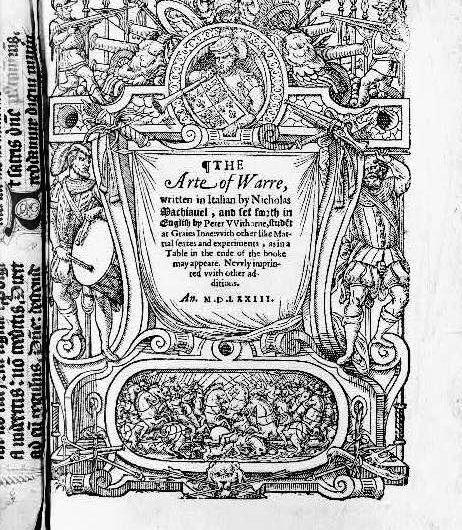The Other Mahan: Transmitting and Modifying the Classics in Military Education
When one thinks about the impact of Mahan on American military thought and practice, one naturally thinks of Alfred Thayer Mahan, the naval historian and theorist of the late nineteenth and early twentieth century. But there was another notable Mahan – Dennis Hart Mahan (USMA, 1824), Alfred’s father, who taught for many years at West Point in the mid-nineteenth century and whose personality and views influenced Civil War commanders on both sides of the divide.


